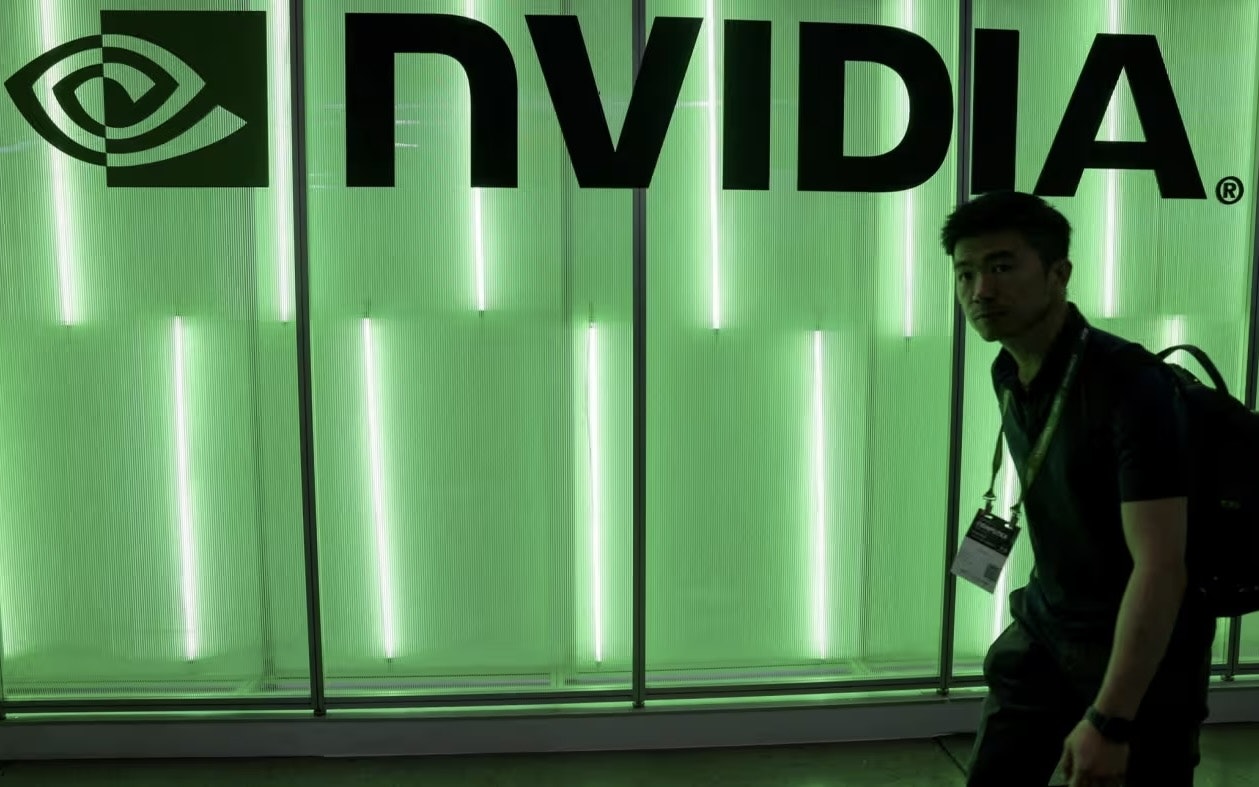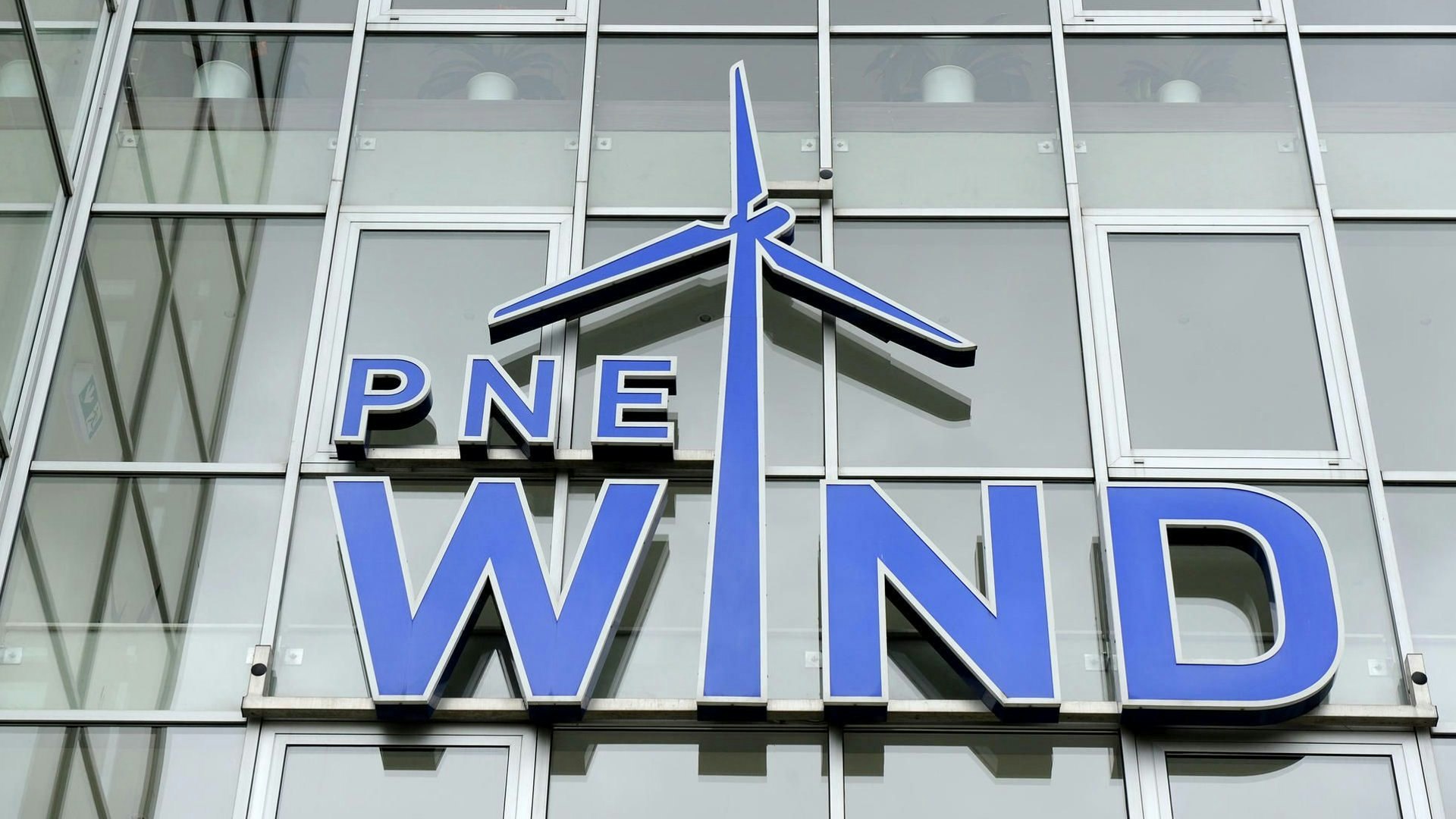Effective immediately, the US government has prohibited Nvidia from exporting its H20 chip to China. As announced by the company in a mandatory notification, the sale of the chip will only be possible with official approval in the future – a step that hits the US company hard: Nvidia expects write-downs of $5.5 billion on inventories and delivery obligations in the current quarter alone.
The decision comes at a time of increasing geopolitical tensions and represents a renewed escalation in the technology conflict between Washington and Beijing. The H20 was specifically developed for the Chinese market—a response to previous export restrictions. Nevertheless, the chip remains powerful enough to be used in AI applications for pattern recognition and analysis, particularly in the inference phase.
Nvidia's shares fell by around 6% after hours. Competitors like AMD and Asian suppliers like Samsung Electronics or SK Hynix also came under pressure. The news fell into an already nervous market environment, characterized by increasing uncertainty about US trade policy.
According to analyst estimates from Bloomberg Intelligence, Nvidia could lose between 14 and 18 billion dollars in revenue due to the export ban. If the export ban becomes permanent, Nvidia's China share of data center revenue could fall back to the low level of early 2024.
Originally, Nvidia had hoped to circumvent the sales ban on more powerful chips like the H800 with the H20. The fact that the US government is now also regulating the H20 shows how consistently the Trump administration is advancing the technological decoupling of China. Commerce Secretary Howard Lutnick had already stated in advance that they would take a "very determined" approach against technology exports to China, especially since the rise of Chinese AI companies like DeepSeek.
Interestingly, the Biden administration had prepared similar measures but decided against them, likely out of consideration for ongoing global export regulations for AI chips. Under Trump, however, there are no such reservations. Simultaneously, Nvidia announced that it would invest up to $500 billion in U.S.-based AI infrastructure over the next four years—a sum that also includes already planned projects. In Washington, there is speculation about whether this commitment should be seen as an exchange for a possible postponement of the sanctions.
Meanwhile, a setback looms for the AI sector in China.







